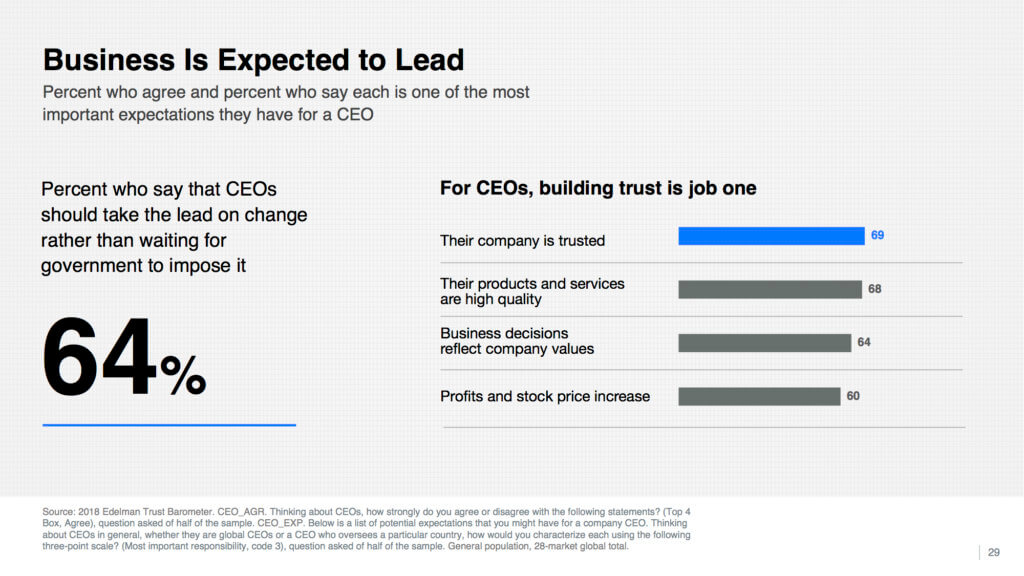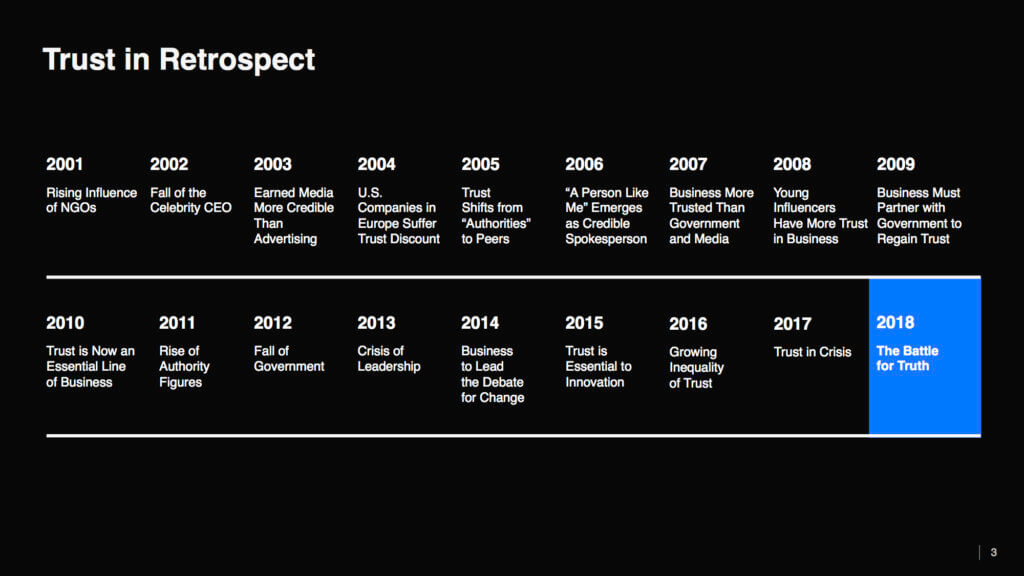We believe brands need to stand out, not just by being different, but by being both personally relevant and emotionally important to people.
We came across this statement by Elliot Schreiber, Ph.D. on his blog “Brand and Reputation” that sums up the key difference between “differentiation” and “relevance”:
Relevance is More Important than Differentiation: Business strategists, Marketers and brand managers have been fixated on differentiation. Customers, however, are drawn to relevance – the things that “connect with them emotionally”. As I explain to my students, differentiation is all the people you date; relevance is the one you marry because you cannot live without them. It is emotional and irrational, but the bond is strong. Consider all of the competitors who worked on their versions of the iPad that would be different, faster, etc. Regardless of what was introduced, the customer preferred the iPad. It was the most relevant product on the market.
When a brand seeks a meaningful position through personal relevance and emotional importance, it starts by discovering what makes it potentially relevant and then focuses on evoking the emotions that will support, extend and highlight that relevance.
That’s the role of the emotive branding process: why + emotions = meaning.
For more information on our brand strategy methodology take a peak at our methodology.
Emotive Brand is a brand strategy and design consultancy.








